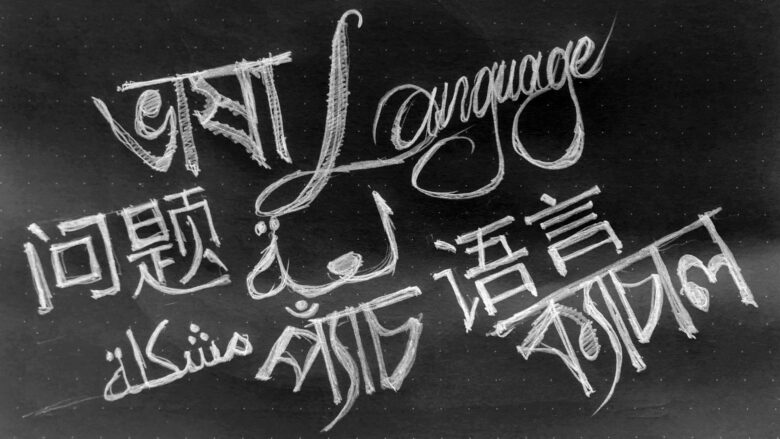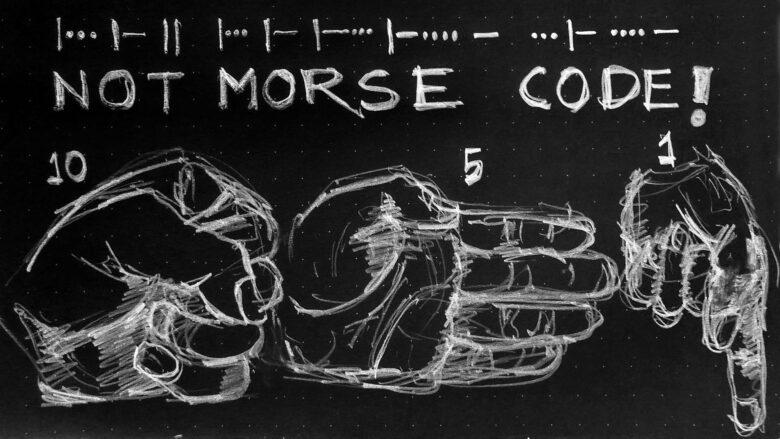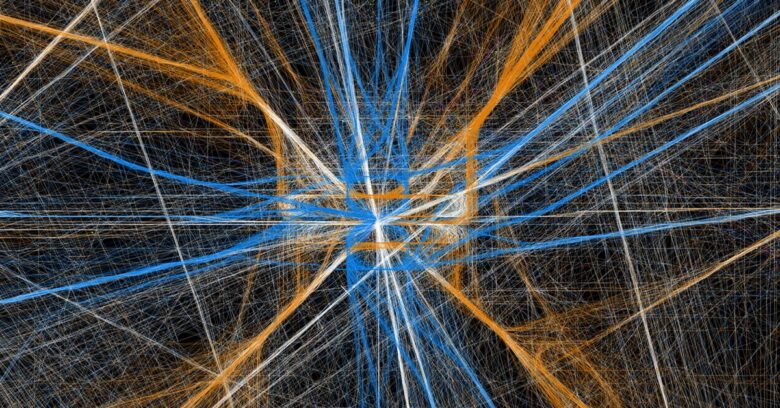[Last updated on 19 March 2020] Some random trivial language issues in Bengali and English in local and international context, I keep adding to this post whenever I come across new words and phrases that may have completely different meaning in various local contexts 🙂 Spicy (global)Please do not use the words “spicy” and “hot” …
When the teachers may have separated you from your friends and made you sit far apart, you have to find a way to still communicate urgent matters to your friends during the class! A technic of communication that has to be subtle, discrete, and ideally without sending or receiving any physical object. Yeah, passing a …
[I sketched that stupid thing. It is ok to steal, just mention where you stole it from] Email is an archaic technology that has not been improved much ever since the protocols were created back in the early days of the Internet. Email is among the most frequently used least secured mode of digital communications …
Art—generated from data, Aaron Koblin/TED Art is now taking new turns. In the metamorphosis of art, new characters and catalysts are emerging into the play where the individual medium and artists are gradually becoming insignificant than before. Like artificial intelligence in technology, art itself is turning into an independent catalyst of this transformation, and is …
[Photo © Abdul Momin] History is a philosophical and political statement or opinion, and it is invariably incomplete. It is never absolute, and will always invoke a range of responses, from outright rejection to enthusiastic support, depending on who the narrator, and who the readers are. We have learned to accept the incompleteness of history …
[Stock photo stolen from TechCrunch] Recently you may have heard about Zoom’s security issues. They are true. Zoom’s video calls are not secure, they are not fully encrypted. But the bigger truth is, neither the others!—except Apple’s FaceTime. One-to-one video calls are secure on a few platforms (like Signal). But group video calls are difficult …
A quick digital security guide: 4 tips to keep you safe Mohammad Tauheed and Sarah-Jane Saltmarsh The world that emerges at the end of 2020 is going to be starkly different from what we have been used to, and these changes are happening too rapidly for many to keep up. There has never been a …
[Last updated on 29th September, 2022]In the wake of an epidemic of hacked Facebook accounts, here are my suggestions about saving your account from getting “hacked” Understanding: 1. Often, your Facebook doesn’t get hacked, it is not about your Facebook’s password either, rather possibly it is your email or your phone that gets ‘hacked’. It …
What if density is not the evil it is often cited to be? Cities by their very nature are the epitome of human interactions and innovations; and in doing so, they have made a remarkable contribution to improving the state of our lives and communities. No other platform enables a critical mass of humans to …
We are already naked, to some of the tech giants. Now before you signup with another new service or install another new app on your phone that asks for a lot of unreasonable access, you must think twice, before you undo your pants to yet another company. There are two approaches for amateurs for hiding …







